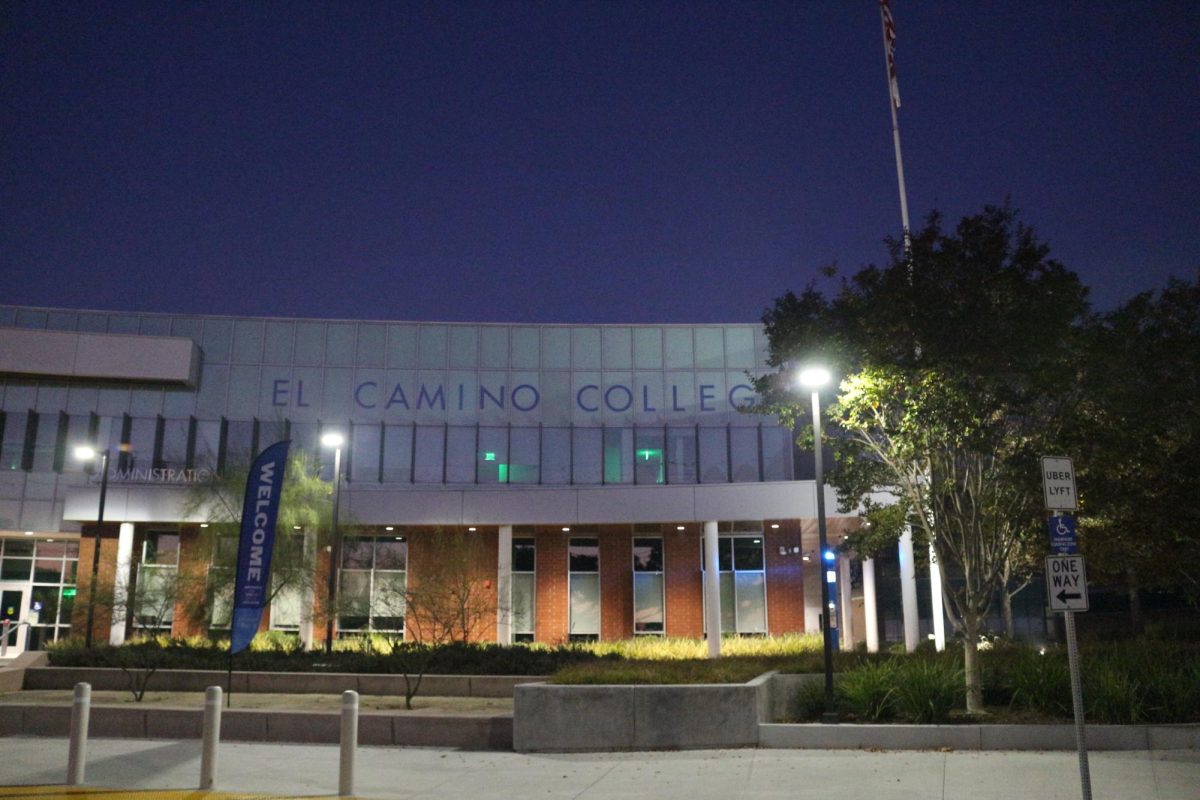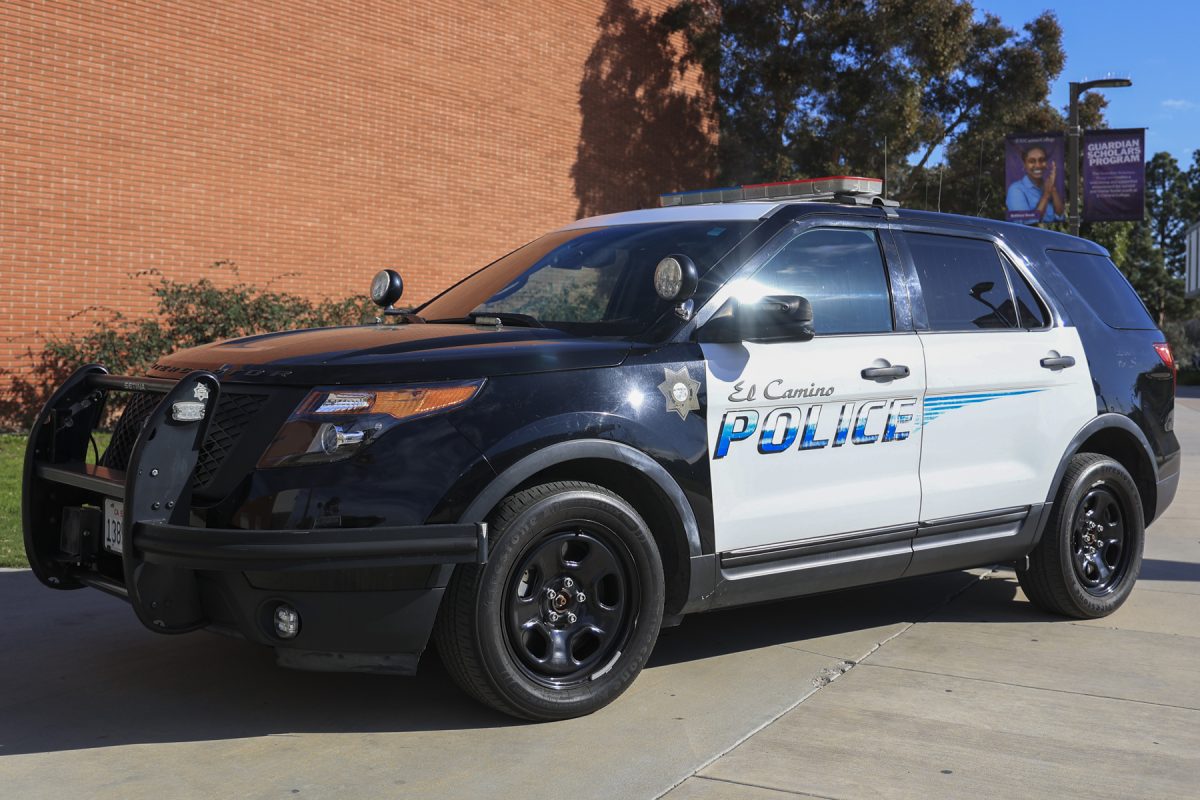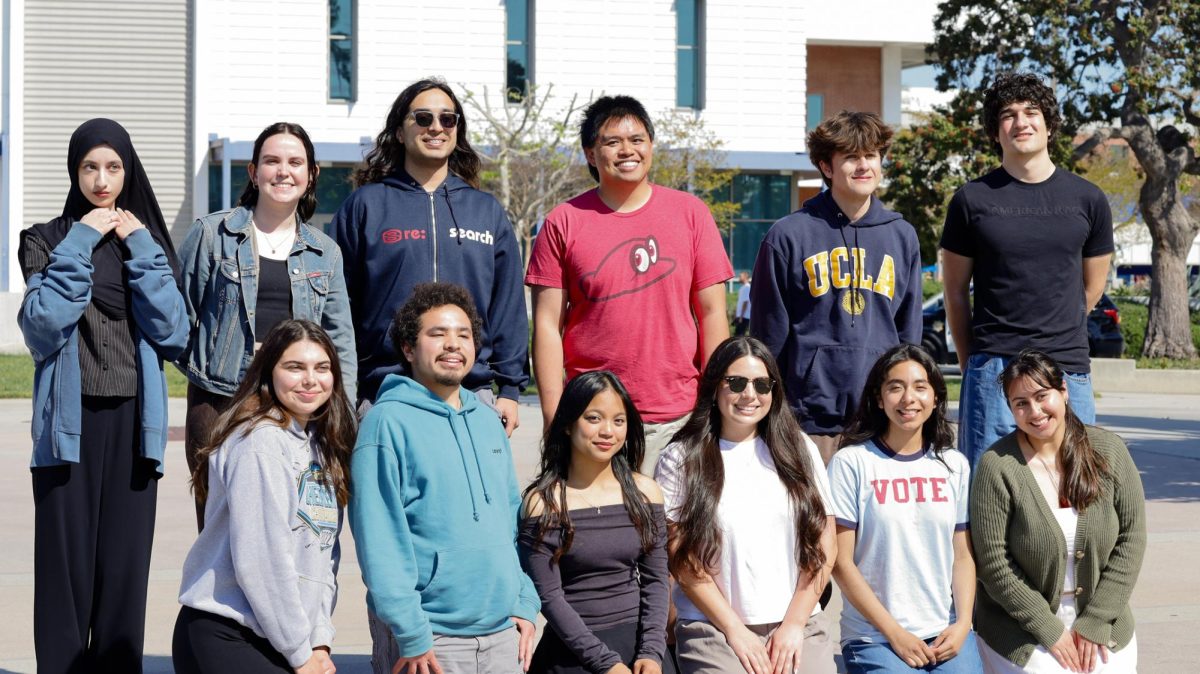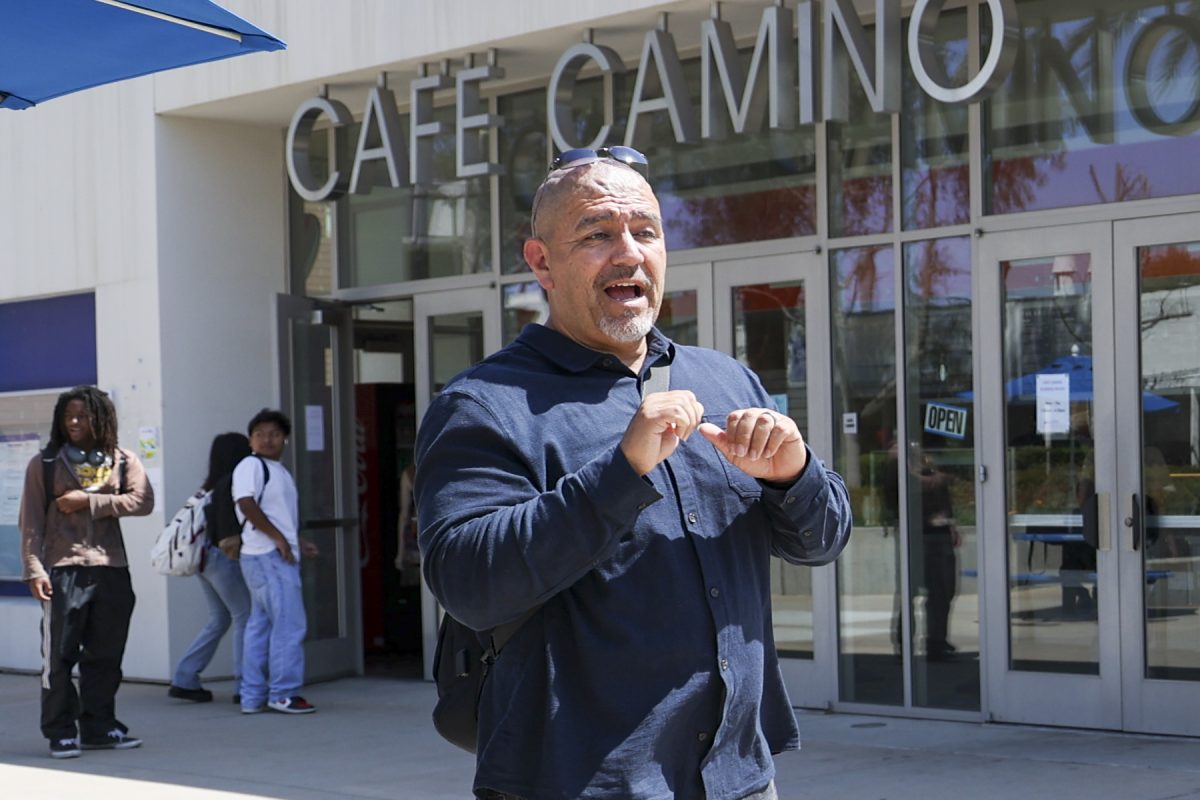There have been consistent reports of motor vehicle theft and drug abuse violations at El Camino College and off campus, according to this year’s Clery Act Report which was released in early October.
The Clery Act Report is a federally mandated record of on-campus crimes that colleges and universities are required to submit. The document divides crime incidents into three categories: on-campus, non-campus and public property.
The report showed that from 2020-2022, there were a consistent amount of motor vehicle thefts in all three categories. In total, there were 35 motor vehicles stolen around campus in that timeframe.
“The majority of the crimes that are occurring are not involving our students,” El Camino Chief of Police Michael Trevis said. “Most of them occur in the wee hours of the morning.”
Trevis said a total of 14 vehicles were reported stolen on campus, with a majority occurring on the weekends during special events. The other 21 cars were stolen in local areas near campus.
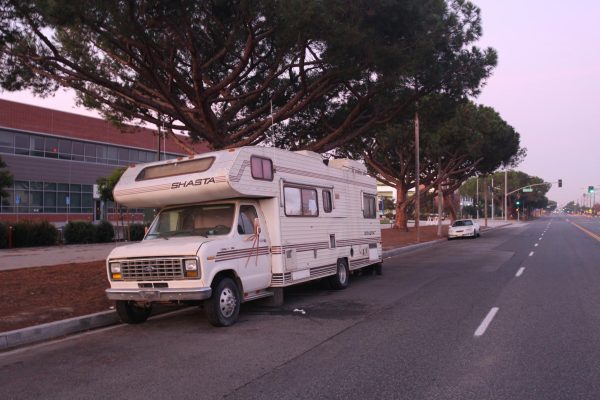
In last year’s report, there were 38 reported stolen vehicles, 14 of them on campus.
“I don’t think there has been a drastic change with the statistics, I feel as if they are pretty aligned with what we have seen in the past,” Clery Act Compliance Coordinator for El Camino Nina Wong said.
Along with motor vehicle theft, another consistent report within all three categories was drug abuse violations. However, Trevis made it clear none of the violations involved El Camino students.
“None of them are our students, not a single one,” he said. “Some of them involved [unhoused] people, there are people on campus at all hours of the night here and they’re not our students.”
Trevis said campus police do try to help unhoused people they encounter on campus, even in events when they are found with drugs, but many people refuse to accept the resources offered by police.
“When we make contact with [unhoused] people, we provide them with the resources,” he said. “What we’re finding is that there’s quite a bit of them that do not want the resources and do not want the help, we can’t make them do that stuff.”
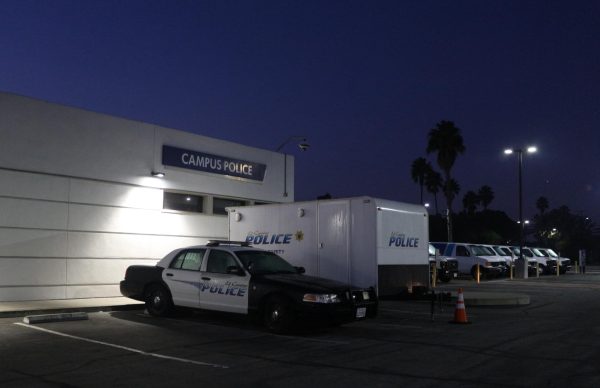
Speaking to The Union newsroom on Wednesday, Nov. 1, Trevis said unhoused people stay overnight at El Camino because they feel safe here.
Trevis said campus police are constantly refining their safety procedures and are trying to reinstate the Campus Watch program at El Camino.
Campus Watch would involve having small meetings with people to inform them about what is going on at El Camino, on and off campus in terms of crime and safety.
Trevis spoke about the history of the Clery Act, which itself was born out of a crime incident.
“The Clery Act is a federal regulation that was enacted more than twenty years ago, named after a former student in a university named Jeanne Clery,” he said.
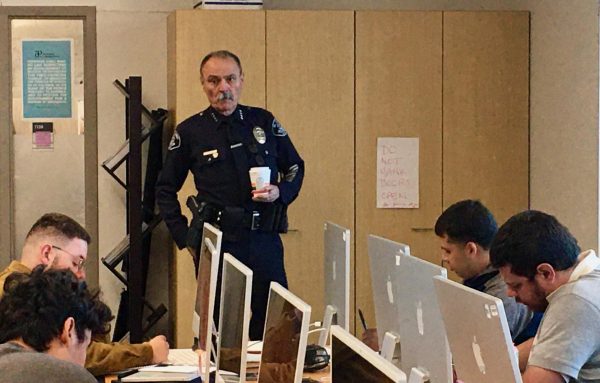
While attending Lehigh University in Bethlehem, Pennsylvania, Clery was murdered by another student in what was described as a “random” crime. After her death, Clery’s parents discovered that the university never publically reported the high number of previous crimes occurring on campus.
That was when the Jeanne Clery Act was born, in which colleges and universities were required to publish a document about crime prevention and statistics on campus.
The Union spoke to some El Camino students. Many were unaware of the crimes happening around campus.
“I had no idea about the crime on campus,” art major Jordan Fletcher, 19, said.
Other students shared their opinions on how to deal with the unhoused situation on campus.
“If we focus on their mental health and give them the support for those types of issues, then maybe the crime rate will go down,” business major Matthew Kardan, 22, said.
Most of the reports involving unhoused people occur at night, around the time many students are leaving their late-night classes and walking through campus.
“They should put up more lights, there’s a lot of dark spots on campus when I walk to the parking lot after my class gets out at 10 p.m.,” kinesiology major Edward Malones, 23, said.
Wong encourages everyone to look at the report when it is emailed to them so people can learn more about campus safety and procedures.
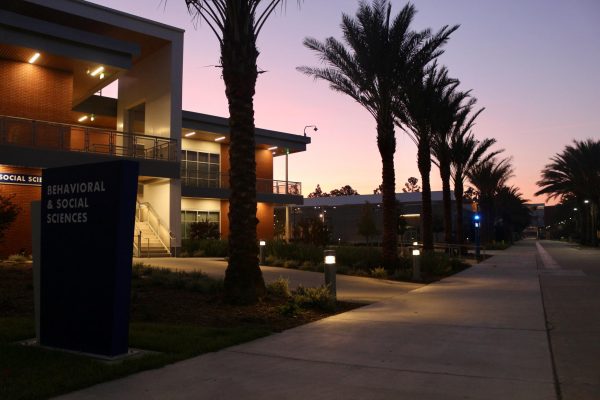
Trevis said his end goal as Chief of Police of El Camino is to keep people safe.
“I am very proud of our students at this school, I am very proud of our faculty and staff at this school,” Trevis said. “It’s been an honor for me to work with all of the students, faculty, and staff to continue to keep this campus safe.”
To view the report, click here.



